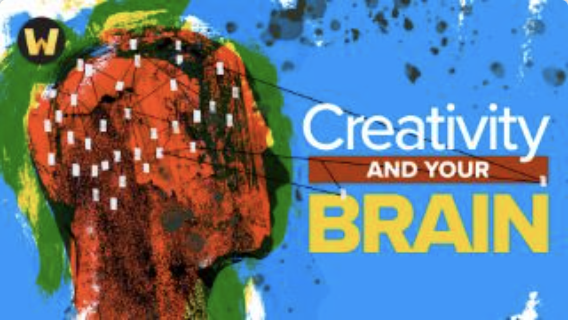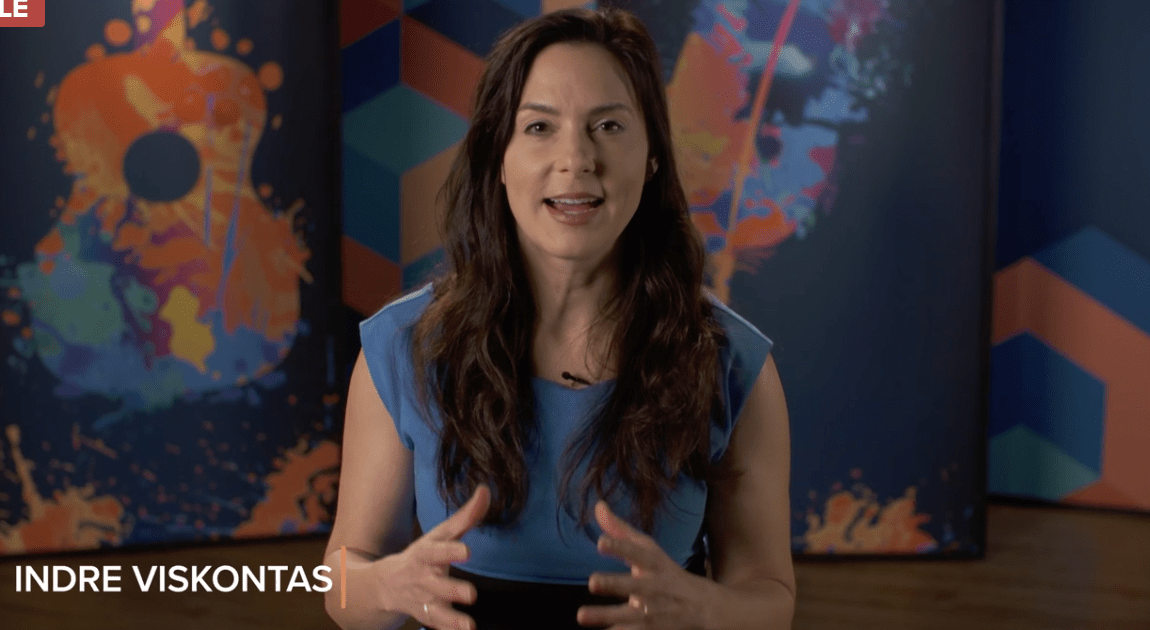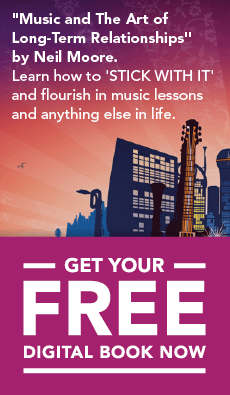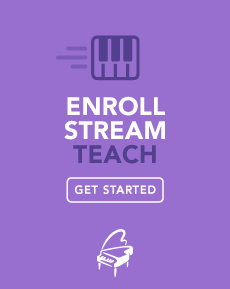
My most recent learning journey has been an exploration of a subject close to my heart, creativity; a neurological deep dive into research which in the last decade or two has revealed more than ever about one of humanity’s last great unknowns.
That big blob of squish inside your skull is almost as huge a miracle as the universe itself, with 100 billion neurons pumping out 70,000 thoughts a day. There is still so much we don’t know about this giant grey mystery, and perhaps its greatest enigma is creativity – an essence that largely distinguishes us from other animals because, more than any other creature, we humans create not just for survival but for the the fascination of discovery, the delight in the unexpected and the rich reward of self-expression.

Our presenter Indre Viskontas, Ph.D is well placed to be our guide – as a neurological researcher as well as a singer, theater director and speaker, she comes from the perspectives of an observer of and participant in the creative process. Creativity plays a part in every human endeavor, from composing a song to inventing a product to devising a research project, and Viskontas discusses examples from all these areas including her own experience in neuroscience and music.
The beauty of science is that with each question that is answered, many more questions are raised; each discovery helps us develop more refined queries about the world around us. – Indre Viskontas, Ph.D
Over 24 lectures, we journey through topics as diverse as creativity and mental illness, creative flow, ways of encouraging creativity, mind-altering substances, technology and more. Viskontas provides understandable explanations of brain processes with accompanying stories, and busts a few myths in the process (the popular left brain-right brain duality turns out to be rather more complex, but no less interesting than we have tended to believe).
The wealth of understanding we’ve gained about the brain only serves to give us more to puzzle over and wonder at. We truly are, every one of us, creative beings. Creativity has many faces – so far, Viskontas explains, “the only consistent finding is that people who are especially creative tend to be more open to new experiences than others”. Beyond that, creativity is so much a part of us that we’re inclined to take it for granted. Do you crack jokes? You’re creative. Do you use things for purposes they weren’t made for, like using a wine barrel as a flowerpot? You’re creative. Can you guess the answer to this question? You guessed it.
Art and science are not opposing forces. Mystery is beautiful; so is discovery. Will we ever truly understand creativity? If we do, will creativity lose its appeal? My hope is that a better understanding of how fundamental creativity is to every human will encourage each of us to explore it more. It occurs to me almost like a birthright that’s available more than ever, at least to those of us who enjoy wealth and leisure here in the 21st century. But it is more than art or fun or self-expression, too. It’s the engine powering human development (for better or worse), including the process of addressing the issues we face across the world.
This course is for the curious; it digs into the science of brain function, although always in an accessible way. And it offers a lot of practical advice for those who want to develop their creativity. Do remember, though, that you don’t need to understand anything to be creative. It’s in you, already and always. It’s always a good time to just explore that for yourself.
Link to Gordon’s Website: https://mediadogs.com/home
Link to Course: https://www.thegreatcourses.com/courses/creativity-and-your-brain







